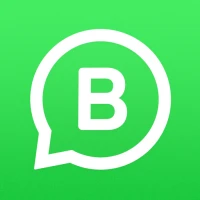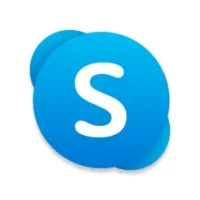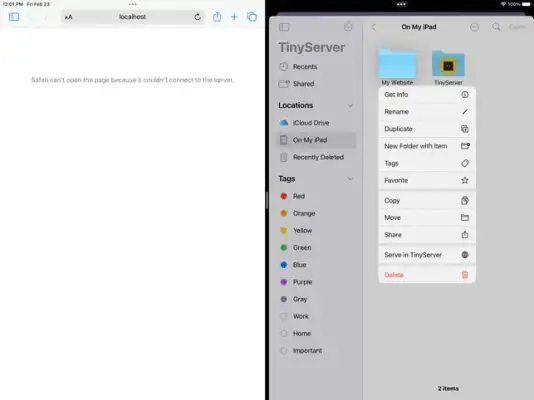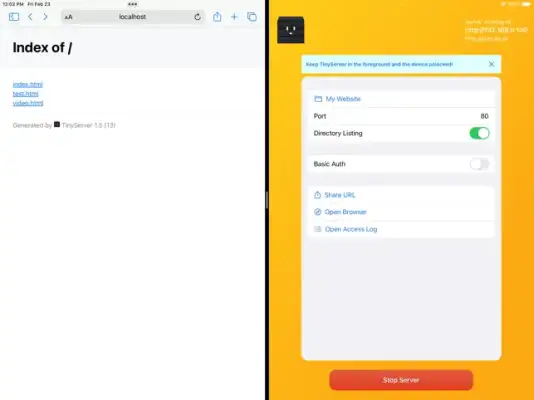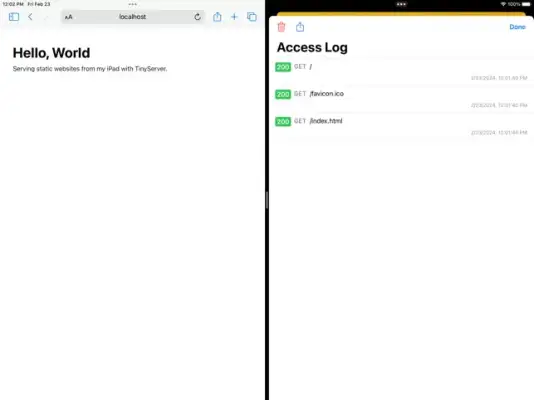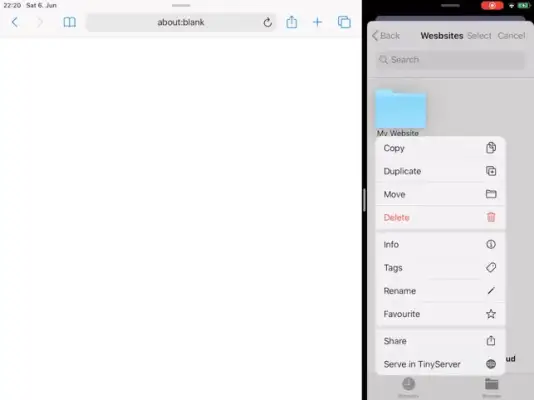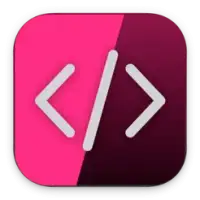Latest Version
1.5
January 15, 2025
Christian Lobach
Developer Tools
iOS
2.2 MB
3
$3.99
Report a Problem
More About TinyServer
TinyServer is an application designed to facilitate the serving of static files and websites directly from your iPhone or iPad. Users can choose to host files stored either locally on their device or in iCloud, providing flexibility in managing file storage. The application serves content over HTTP, enabling easy access through a local web browser. An added feature is Directory Listing, which allows users to browse through the selected folder quickly, enhancing the overall file management experience.
One of the standout features of TinyServer is its integration with Bonjour technology, which simplifies the process of accessing your server. Instead of needing to remember and input complex IP addresses, users can utilize a more user-friendly URL, such as http://myiPhone.local:8080. This makes it easier to access hosted content from various devices on the same local network. Additionally, for iPad users, the application supports multitasking, allowing them to run an external editor alongside Safari to edit and preview files seamlessly.
Choosing a folder for serving files through TinyServer is user-friendly, with multiple options available. Users can select a folder directly within the app by tapping "Choose Folder" and then either long-pressing a specific folder or using the navigation controls to open their selection. Moreover, on the iPad, there is an added convenience of using the Files app in a side-by-side multitasking view, allowing for easy dragging and dropping of folders into TinyServer. It's worth noting that any files dragged this way are copied, so they must be re-dropped to see any subsequent changes.
It's important for users to remember that TinyServer must remain in the foreground to operate effectively, as the web server cannot run in the background. If the app is switched away from, the server will restart when returns to the foreground. Furthermore, TinyServer is intended for local Wi-Fi networks only and is not compatible with cellular network connections. It is specifically designed for serving static files and does not support running backend languages such as PHP or Ruby on Rails, making it important for users to understand its limitations.
Rate the App
User Reviews
Popular Apps

